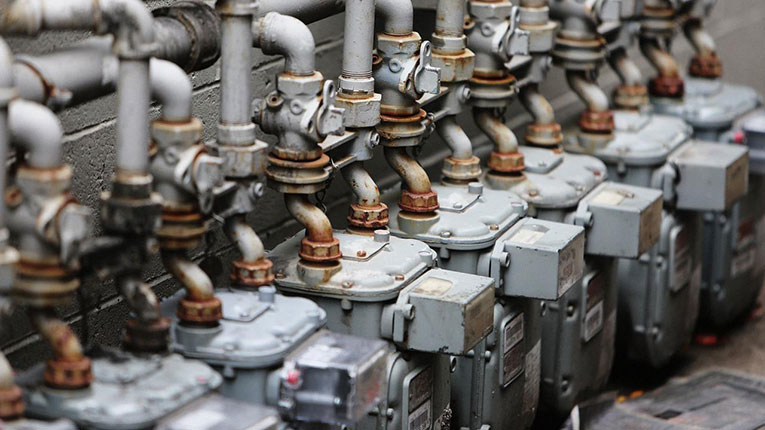The EU proposal aimed at reducing the use of gas by 15% in the member states, in order to prepare in the event of further interruptions of gas supplies from Russia, faces the resistance of the governments, increasing the fears regarding the approval of the plan, reports Reuters.
On Wednesday, the European Commission proposed that all member states reduce the use of gas by 15% between August 1, 2022 and March 31, 2023, compared to the average of the last five years. The target is voluntary, but the EU can make it mandatory if Brussels declares a substantial risk of gas shortage.
At the meeting of diplomats from EU member states, at least 12 out of 27 member states expressed their concerns about the proposal, sources that wished to remain anonymous told Reuters.
The main sticking point is whether the EU should have the power to make the target binding. Denmark, France, Ireland, Italy, Malta, the Netherlands, Poland and Portugal are among the countries that say Brussels should not be able to do this before member states express their position and possibly opposition, according to Agerpres.
“The member states want to have the ability to activate the crisis mechanisms, it is not something that the European Commission should do,” says a source.
According to the proposal, the Community Executive will consult the Gas Coordination Group made of country representatives before making the target mandatory.
So far, EU countries have reduced their combined gas demand by just 5%, despite months of supply tensions from Russia and rising prices, Energy Commissioner Kadri Simson announced.
Portugal’s Energy Secretary, Joao Galamba, said his country “is totally against” the EU plan.
“It does not take into account the differences between the states,” he told Expresso.
And the Spanish Government announced that it opposes the reduction of gas consumption by at least 15%, wanted by Brussels for all the member states of the European Union, appreciating that this measure is not necessarily “fair”, nor “efficient”.
“Spain does not support this proposal”, also said the Spanish Minister for the Ecological Transition, Teresa Ribera, in a press conference, expressing her regret that this measure was not the subject of a debate beforehand.
